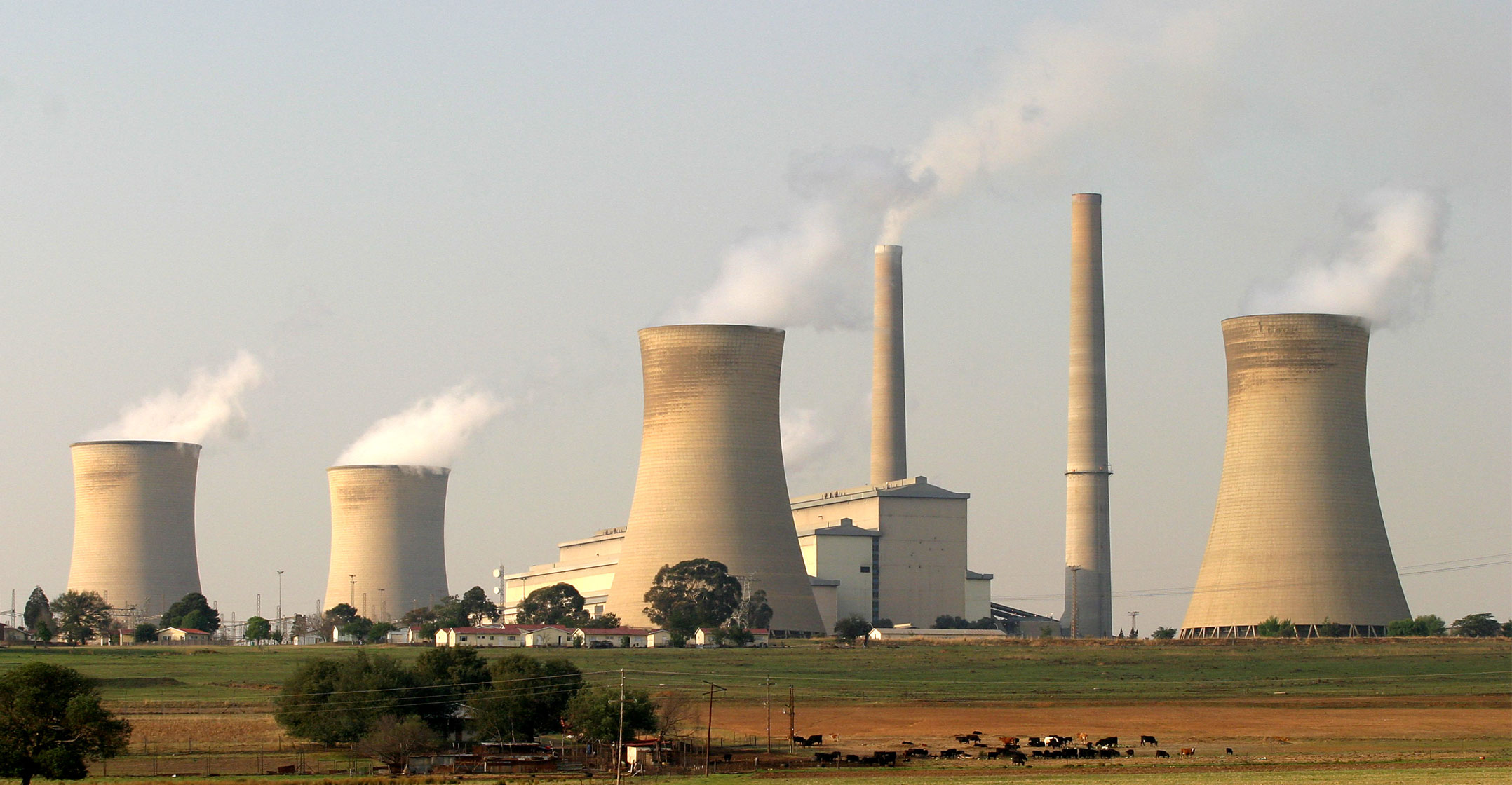 South Africa’s troubled state-owned power utility has yet another thing to worry about — a big carbon tax bill expected to kick in from 2023.
South Africa’s troubled state-owned power utility has yet another thing to worry about — a big carbon tax bill expected to kick in from 2023.
Eskom, which has been forced to turn to the government for bailouts to meet its obligations, mostly burns coal to generate power and is one of the country’s biggest polluters.
The company will benefit from exemptions in the first phase of the tax that took effect from 1 June. However, a second phase that starts in 2023 may mean an annual carbon tax bill of about R11.5-billion, Gina Downes, chief adviser for environmental economics at the utility, said on Tuesday in a presentation in Johannesburg.
“There’s likely to be a significant additional revenue requirement,” Downes said. The utility said earlier that “substantial” costs were anticipated in the second phase of the tax, without giving an estimate.
Eskom, which produces more than 90% of South Africa’s electricity, accounts for about 42% of the country’s greenhouse gas emissions, Downes said.
The second phase of the carbon tax will run from 2023 to 2030, according to national treasury.
As part of efforts to revive Eskom’s finances, South Africa is considering plans to increase the amount of renewable-energy generation and shut some coal plants early in exchange for getting better terms on the utility’s debt, a person familiar with the matter said last month. — Reported by Paul Burkhardt, (c) 2019 Bloomberg LP




